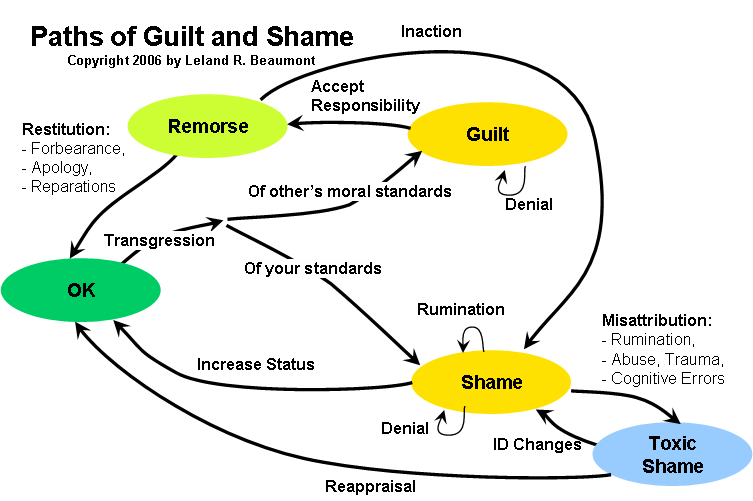 |
| Travels with my octopus |
The last provocations, on Friday were by the Turkish writer, Elif Shafak, and the British publisher, David Graham.
The three most dangerous things in Turkey, she argued, were guns, bombs and books. Islam respected the sacred book but did not always read it. Menstruating women were forbidden to touch it.
According to Muslim belief each person had two angels on their shoulders: in other words each person had two books in them, one good, one bad. The act of writing was angelic but also regarded as an object of fear and suspicion. This amounted to a cognitive gap. Printing came late to the Islamic world, she continued, as late as the eighteenth century, but even then it could be controlled by the religious establishment. Oral literature could prosper but the written word was under controlled. This amounted to another cognitive gap.
Milan Kundera regarded life under despotism as a tunnel that would somewhere have a light at the end of it, but in a state that was not quite despotic nor quite democratic either, the tunnel could go on for ever. From this point her provocation became a call for writers to become more active. Disengagement was a luxury we cannot afford, she said, oddly mirroring the formulation of the leader of Singapore, Lee Kuan Yew who, some fifty years before, had declared that poetry was a luxury Singapore couldn’t afford. The task of writers was to add complexity to simplistic political narratives. They do this through stories and particularly novels because the novel form is bigger than, say, the poem, and can accommodate more. We don’t want analysis after the event, we want it during the event. This was a matter of urgency.
Susan Barker said it was very hard to tell the truth about politics in China and that international reputation was no protection. Dan wondered whether the tendency of modern communications, such as the tweet was not more effective. He point to Andrei Kurkov’s moves towards reportage and shorter fiction. Didn’t ISIS depend on very brief stories? (GS: A recent article in the New Yorker on 8 June offered a long in-depth discussion of the uses and power of poetry in ISIS ideology). Kyoko noted certain resemblances between Turkey and Japan and was worried about the erosion of freedom of speech. Lucy emphasised the importance on non-fiction and the importance of history and journlism. Elif concluded by suggesting that we should all read each other’s genres, that we should elgage with politics. We should be world-citizens without being spokespersons.
This did not mean that the big publishers did not make a contribution it was just that they needed to maintain their balance sheets so an author who had not made a commercial impact after a couple of books would often be dropped from the list. It was the middle-sized publishers that were suffering financially. It was there the battlefield was being deserted. Sometimes they tried to make good by taking on non-literary authors such as Ricky Gervais or Harry Hill but these might not be enough. Author advances were being squeezed at both ends. Supermarkets dictated the terms under which they would stock a successful book and publishers could be sued if they were unprepared to supply extra copies when needed.
The only growing part of the market was that developed by what David called micropublishers: Pushkin Press, Hesperus, And Other Stories, Salt, Peirene, Galley Beggar and so forth, though they worked on tiny margins and had to be very careful in judging their output, and if they did discover exciting authors those authors would quickly be snapped up by bigger publishers. It was a little like the case of small football clubs who become feeders for the big ones. All the same the small publishers were venturing into middle grouns and micropublishing was the future. Crowd funding or Kickstarting projects and community-building were important factors in success.
***
A brief afterthought:
REGARDING THE OCTOPUS IN THE SUITCASE
*
A little Cyrano might help us all. Part nose, part poetry, part swordsmanship. OK forget the swordsmanship. Forget the poetry. Keep the nose.
*
The grand rhetorical sweep. The oracular gesture. The big words putting their shoulders to the door. The bouncers letting them in.
*
A big hall crowded with people. A word creeps in on all fours and works its way between the feet, stands up, but can't speak.
*
If I say it, it will appear. If I add a verb, it will do as I say. If I add an adverb it will act in the best possible way. So it goes.
*
The octopus in the suitcase meets the squirrel in the secret garden. It is a day like any other. Now let's unpack the suitcase.Here endeth the summing up of Worlds Literature Festival 2015. I have not given an account of the many excellent readings because to account for them all would be impossible and to select favourites invidious.




